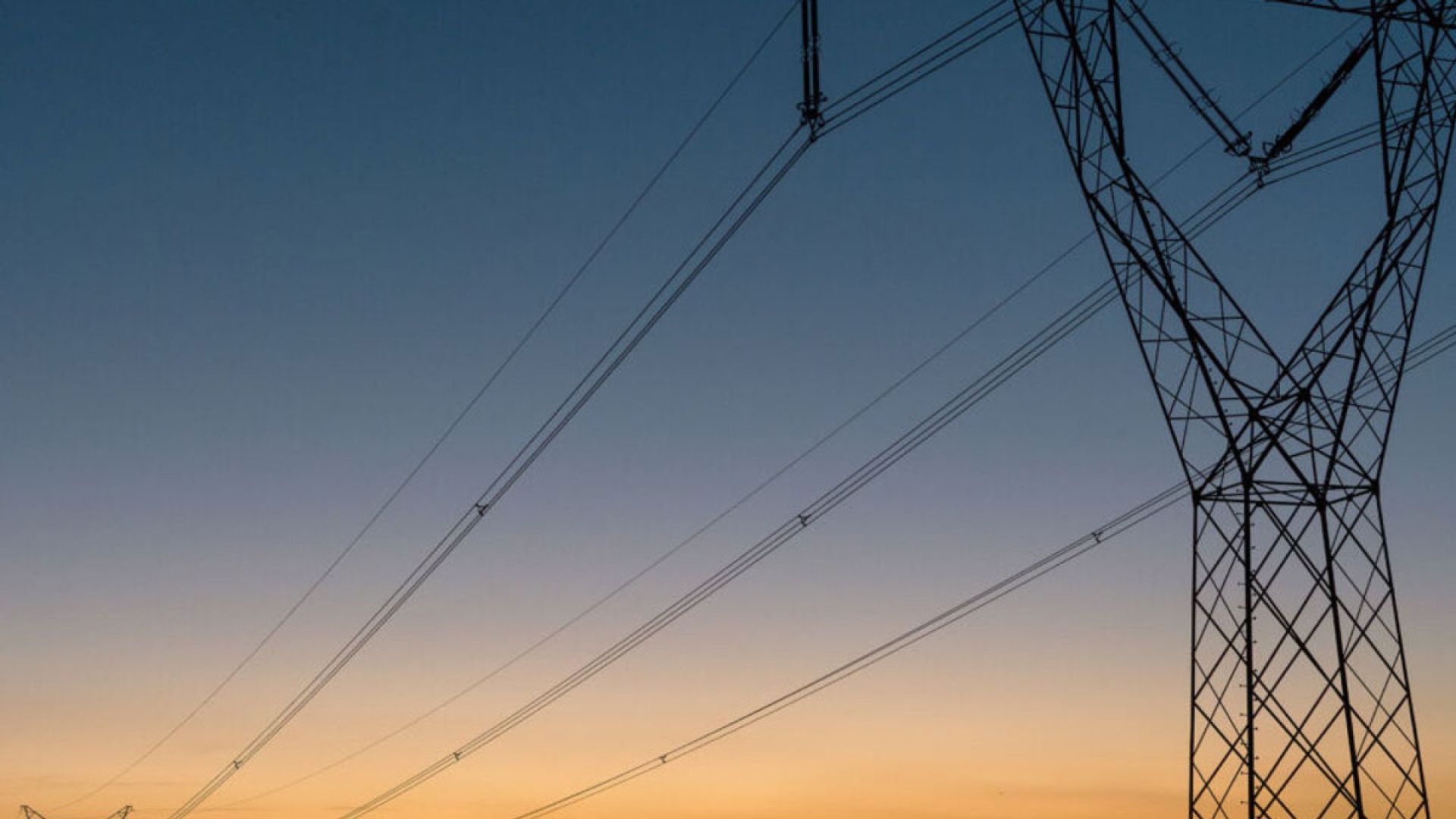You’ve probably never heard of the Entergy Regional State Committee. In short, it’s a nonprofit organization paid for by Entergy customers with the intent to be a forum for state regulators to discuss energy issues.
Over the past few years, it’s been a primary forum for state regulators, their staff and consultants to discuss cost allocation for transmission plans in the Midcontinent Independent System Operator (MISO) and in our region’s energy policy. Given how critical these conversations are for ratepayers, it’s worth laying out plainly what ERSC is - and what it is not.
The Need for ERSC
When Entergy first began exploring membership in a Regional Transmission Organization (RTO) in the early 2010s, most observers - and many state regulators - assumed Entergy would join the Southwest Power Pool (SPP).
That assumption made sense: Entergy’s transmission system was more strongly connected to SPP’s than to MISO’s. In fact, SPP documented that Entergy’s physical ties to its system were at least 14 times stronger than those to MISO. Given this connectivity, regulators in Arkansas, Louisiana, Mississippi, and Texas were preparing for Entergy to become part of SPP.
As part of those preparations, the states created a body called the Entergy Regional State Committee (ERSC). The name mirrored SPP’s governance structure, where the Southwest Power Pool Regional State Committee (SPP RSC) has long given state regulators formal input into regional transmission planning and cost allocation. The idea was that if Entergy joined SPP, regulators in the Entergy states would have a parallel body to coordinate their positions and votes. ERSC would then be absorbed into the SPP RSC after the Entergy states joined, as there’d be no need for duplication of deliberative organizations for state regulators. ERSC’s membership includes the public service commissions from Arkansas, Louisiana, Mississippi, the Public Utility Commission of Texas, and the New Orleans City Council (which regulates Entergy New Orleans).
But in 2011, Entergy surprised many by announcing it would join MISO instead of SPP. That decision came after the U.S. Department of Justice (DOJ) antitrust investigation into Entergy’s anti-competitive conduct, where Entergy committed to joining an RTO to improve transparency and independence.
Rather than dissolve, the newly formed ERSC kept its name and was written into the Entergy-MISO integration agreements. In practice, this meant the Entergy Regional State Committee carried over into MISO, even though the “RSC” concept originated with SPP and not MISO.
Organizational Setup and the Information Void
ERSC doesn’t have its own website to explain the work done there, but it is a separate nonprofit organization, a 501c(4) group paid for by the ERSC states.
One key difference between a 501(c)(4) and a 501(c)(3) nonprofit is that a 501(c)(4) may engage in lobbying activities and is not required to meet the same transparency and disclosure standards as a 501(c)(3). ERSC is effectively staffed by state regulatory staff and MISO, at a cost of a little over $260,000 per year, and paid for by state ratepayers.
ERSC is led by President Eric Skrmetta (Louisiana PSC), Vice President Katie Anderson (AR PSC), Secretary Wayne Carr (MS PSC), Director JP Morrell (City of New Orleans), and Director Courtney Hjaltman (Texas PUC). But, despite ERSC being paid for by ratepayers, even this kind of information can be difficult to find.
Immediately under ERSC is the ERSC Working Group (ERSCWG), which is predominately composed of the regulatory members’ staff and consultants. ERSCWG often meets privately and with other stakeholders like Entergy. Within the past couple of years, ERSCWG has been conducting quarterly public meetings where stakeholders are allowed to make presentations to the working group. Those quarterly meetings are usually about 1-2 hours long. SREA has made many presentations to ERSCWG regarding issues like MISO’s Long Range Transmission Plans, cost allocation, and clean energy issues in MISO South.
While ERSC was modeled after SPP’s RSC, the organization effectively has a similar mission and scope as the Organization of MISO States (OMS). OMS, like ERSC, is an independent nonprofit organization designed to serve the state regulators of the full MISO footprint. While OMS has its own dedicated staff, website, materials and information, ERSC does not and relies on hosting information on MISO’s website.
Cost Allocation & Market Planning Study
As mentioned earlier, ERSC has recently focused heavily on cost allocation in MISO. The meetings are public, but often difficult to find. ERSCWG also hosts public meetings, which are more akin to listening sessions where stakeholders are allowed to present, not business meetings where ERSCWG discusses substantive issues. If no public presenters volunteer, meetings may be cancelled.
In June 2023, ERSC developed a resolution regarding cost allocation for MISO’s Long Range Transmission Plan (LRTP). The resolution opposed using a "postage stamp" cost allocation method, and stressed the need for granular, beneficiary-based principles, among other considerations. Since the resolution was adopted, ERSC has not implemented a formal cost allocation method for regional transmission.
Later, in October 2024, ERSC approved a resolution requesting that MISO perform a "Market Congestion Planning Study" (MCPS) for the Southern region, something that hasn't been done since at least 2019. Since then, however, MISO has not indicated whether it intends to conduct an MCPS or not.
Is ERSC Effective?
It’s hard to say. In some sense, ERSC is a duplication of MISO’s OMS, without much added value. Meetings rarely have action items, timelines, or deadlines. Agendas are sparse or not posted early enough for stakeholders to fully engage. Passed resolutions have no enforcement mechanisms, and no follow-up. Entergy is seldom addressed directly and rarely presents publicly to the group; instead, most discussions center on MISO policies.
At its best, ERSC could be a forum to ensure that Entergy participates fairly in MISO’s broader transmission planning, unlocking access to cheaper, cleaner resources.
As transmission planning ramps up across MISO South, ERSC and ERSC Working Group are likely to play a larger role in shaping how billions of dollars in grid investments are allocated. Their meetings typically align with the National Association of Regulatory Utility Commissioners (NARUC) conferences, though meeting announcements are often sparse and late. With the next NARUC gathering just weeks away and no ERSC meeting yet on the calendar, stakeholders are left waiting for the next opportunity to weigh in.
The Southern Renewable Energy Association will continue to actively participate and push for greater transparency, accountability, and meaningful dialogue. A stronger, more engaged ERSC could help ensure that MISO South customers benefit from fair transmission planning and access to cleaner, more affordable energy resources. Have ideas about how we can push for better accountability? Drop us a note.





